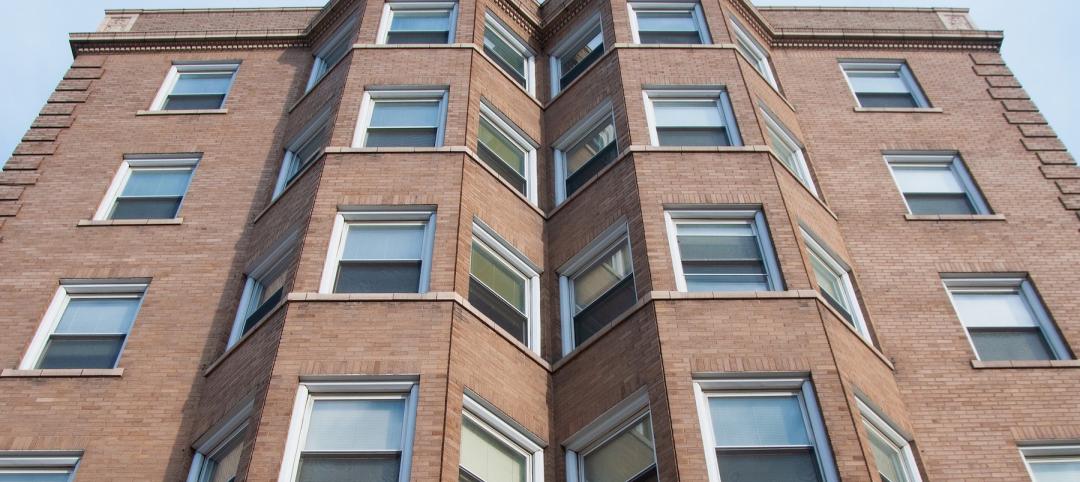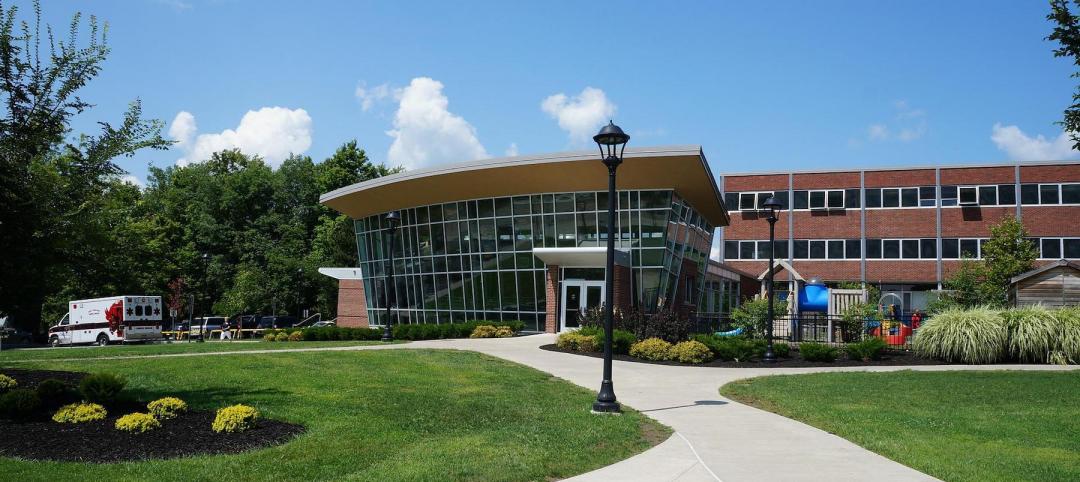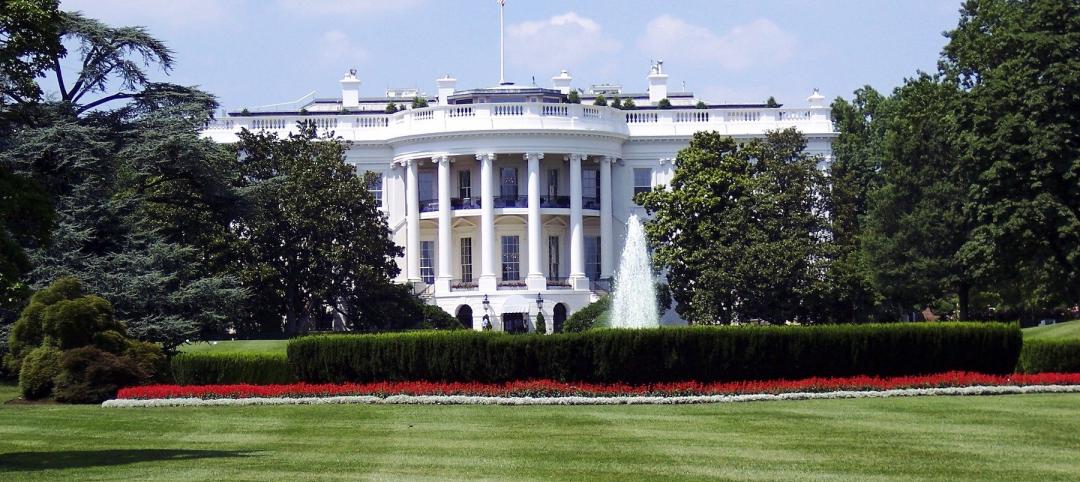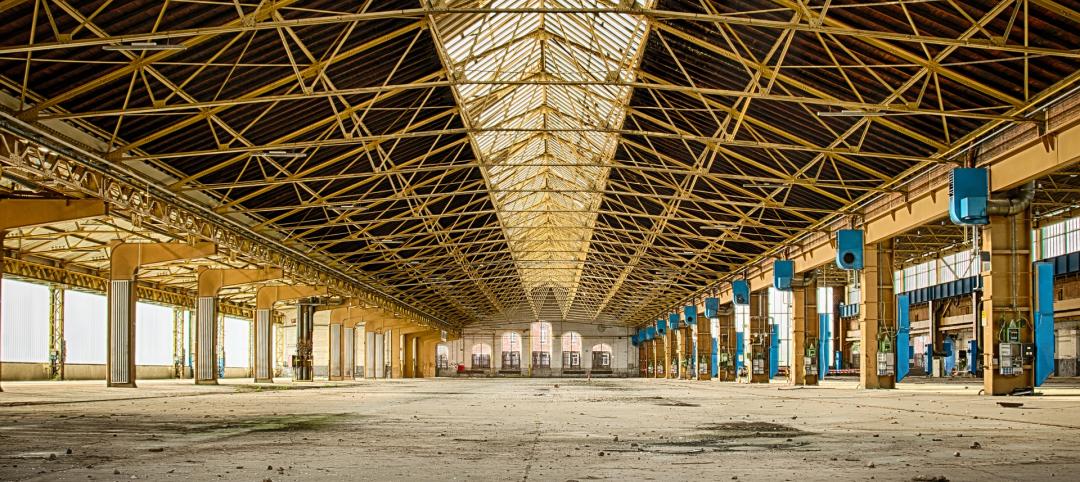Lax disclosure regulations that have made the U.S. a global hot spot for money laundering via real estate holdings will make it difficult for officials to seize properties from Russian oligarchs.
Russian oligarchs have likely staked a large part of their wealth in U.S. commercial real estate properties in purchases that are easier to conceal than high-profile luxury mansions and superyachts. Federal law requires “self-reporting” of transactions making it difficult to track who owns what.
A 2020 law giving the U.S. Treasury the power to stop tax evaders, kleptocrats, terrorists, and other criminals from using anonymous shell companies to hide assets is not strong enough to compel disclosure of ownership, according to some legal experts. Russian oligarchs have purchased numerous luxury condos in Manhattan and Miami, but significant funds from Russia money have also been used to snap up property in cities across the U.S.
According to Global Financial Integrity, a nonprofit that tracks the flow of illicit money, more than $2.3 billion has been laundered through U.S. real estate during the last five years.
Related Stories
Codes and Standards | Apr 13, 2022
LEED multifamily properties fetch higher rents and sales premiums
LEED-certified multifamily properties consistently receive higher rents than non-certified rental complexes, according to a Cushman & Wakefield study of two decades of data on Class A multifamily assets with 50 units or more.
Legislation | Apr 11, 2022
Dept. of Energy releases RFI for K-12 schools energy upgrade program
The U.S. Dept. of Energy (DOE) released a Request for Information (RFI) to help decide how best to spend $500 million from the recently passed federal infrastructure law for K-12 public school energy upgrades.
Codes and Standards | Apr 8, 2022
Dept. of Energy boosts energy efficiency standards for federal buildings
The Department of Energy’s recently released new energy efficiency standards for federal buildings.
Codes and Standards | Apr 7, 2022
Uptake of low-carbon materials expected to get a boost from federal building plan
Low-carbon materials will get a sizeable boost via purchases through a federal $3.4 billion building plan to modernize U.S. border crossings.
Codes and Standards | Apr 6, 2022
ABC and AFSP form partnership on mental health and suicide prevention in construction
Associated Builders and Contractors and the American Foundation for Suicide Prevention recently formed a partnership to address mental health and suicide prevention in the U.S. construction industry.
Codes and Standards | Apr 5, 2022
New York City chooses 20 firms for architectural design services on future public building projects
The New York City Department of Design and Construction (DDC) has contracted with 20 firms to provide architectural design services for the city’s future public buildings projects under the latest round of DDC’s Project Excellence Program.
Codes and Standards | Apr 4, 2022
Construction of industrial space continues robust growth
Construction and development of new industrial space in the U.S. remains robust, with all signs pointing to another big year in this market segment
Legislation | Apr 1, 2022
American Bird Conservancy doubles capacity to test bird-friendly glass
American Bird Conservancy (ABC), working with Washington College in Maryland, says it has doubled its capacity to test and rate glass and other materials for their ability to deter bird collisions.
Legislation | Mar 31, 2022
Bill in Washington State would fund seismic retrofits in schools
A bill recently passed by the Washington State Senate could unleash hundreds of millions of dollars for school seismic retrofits over several years.
Legislation | Mar 30, 2022
Wisconsin legislators expand the scope of interior design in the state
Legislators in Wisconsin passed a bill, quickly signed into law by the governor, that codifies holistic interior design legislation and significantly expands the scope of interior design in the state.

















